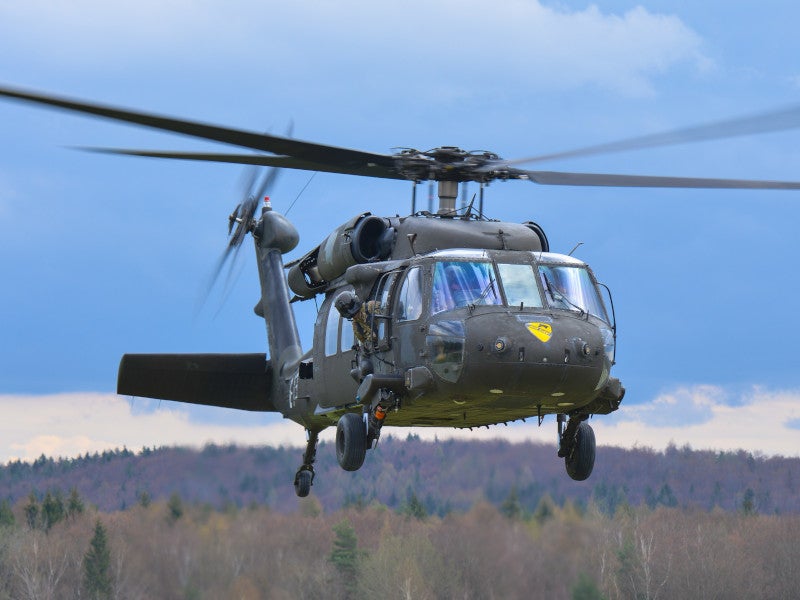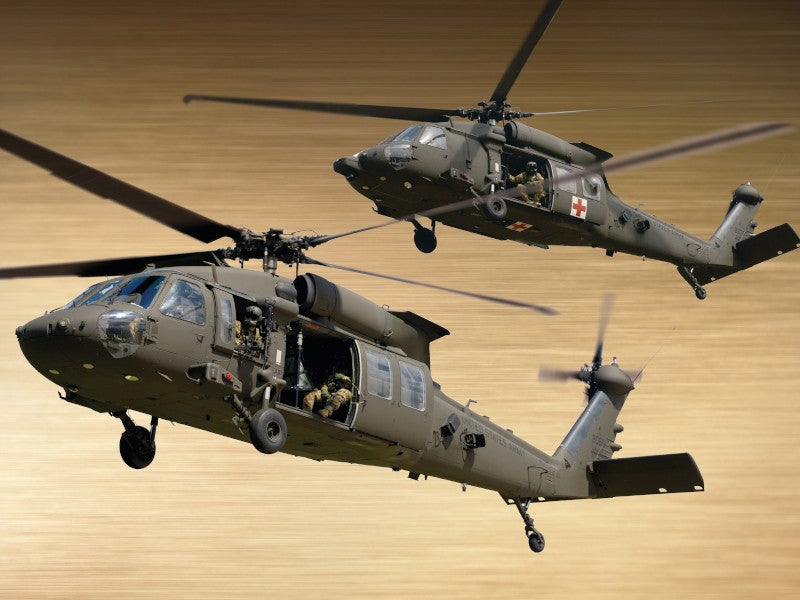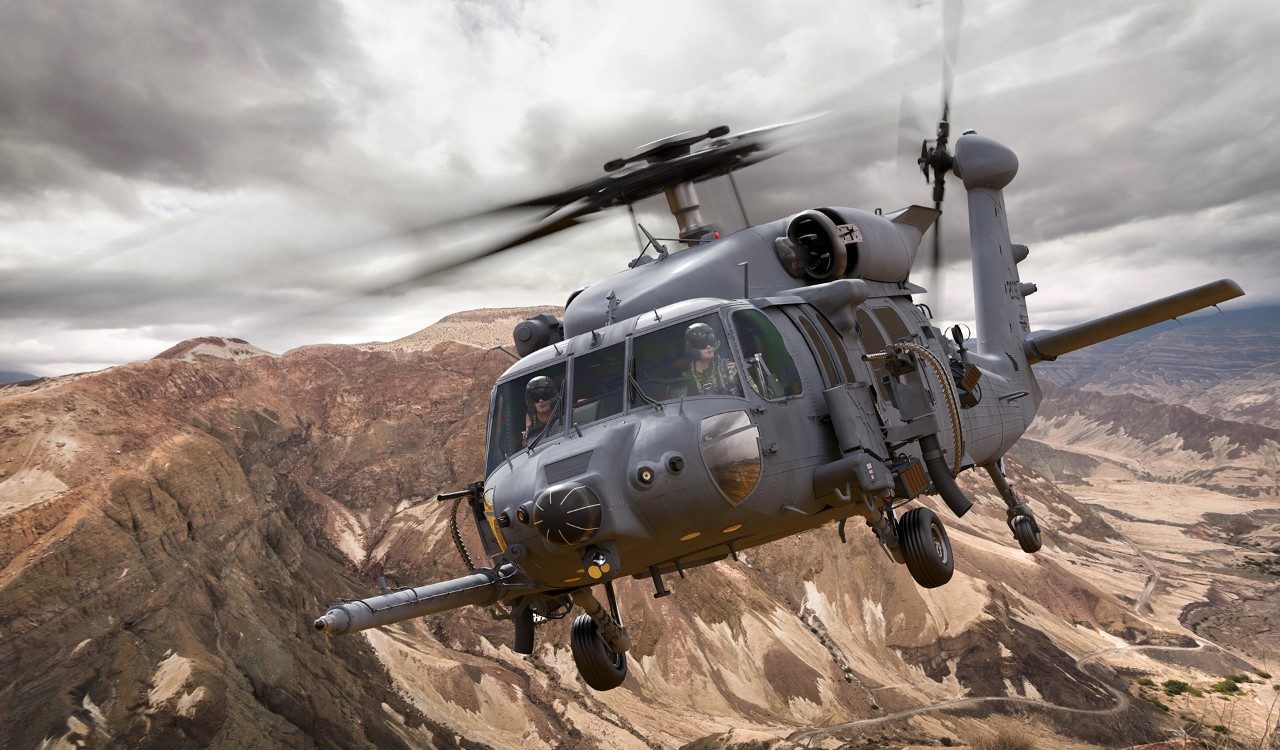UH 60 Black Hawk: Key Features and Innovations
UH 60 Black Hawk: Key Features and Innovations
Blog Article
The Influence of Lasting Practices on the Future of Airplane Workflow and Emissions Decrease
As the aviation industry encounters enhancing analysis over its environmental influence, the adoption of sustainable practices emerges as an important path toward future aircraft procedures and discharges reduction. Developments in lasting aeronautics gas and improvements in hybrid propulsion innovations stand at the forefront of this improvement, encouraging significant decreases in greenhouse gas discharges.

Overview of Sustainable Practices
Lasting techniques in airplane procedures incorporate a variety of methods intended at lowering environmental effect while keeping functional efficiency. These methods are important in the air travel industry's commitment to decreasing its carbon impact and sticking to worldwide ecological standards. Secret initiatives consist of enhancing trip paths to decrease gas consumption, boosting maintenance procedures to make certain aircraft run at peak efficiency, and implementing sophisticated innovations such as winglets and light-weight products that improve aerodynamics.

Engaging and training team on sustainability methods additionally play an important duty, fostering a culture of ecological responsibility within organizations. Generally, the integration of these sustainable techniques not only helps in reducing discharges but also boosts the lasting stability of the aviation sector, ensuring it meets the demands of both clients and governing bodies while adding to worldwide sustainability objectives.
Innovative Fuel Alternatives
Numerous ingenious gas options are arising as crucial solutions to decrease the aviation industry's dependence on typical fossil gas. Amongst these options, Lasting Aeronautics Fuels (SAFs) have obtained significant interest because of their prospective to lower lifecycle greenhouse gas discharges by approximately 80% compared to traditional jet fuels. SAFs are originated from various feedstocks, including waste oils, agricultural deposits, and even algae, making them a flexible alternative for the industry.
An additional appealing option is hydrogen fuel, which, when utilized in fuel cells, produces only water vapor as a result. Additionally, electrical propulsion systems are being checked out, leveraging battery innovation to power aircraft.
Finally, biofuels stemmed from biomass are being checked out, supplying a renewable alternative that can be combined with conventional fuels. Jointly, these cutting-edge fuel choices represent a vital action toward attaining a lasting air travel ecological community, straightening with international exhausts reduction targets and improving the sector's environmental stewardship.
Technical Advancements in Aeronautics

Just how can technical advancements reshape the future of air travel? The assimilation of advanced modern technologies is crucial in transforming airplane procedures, enhancing efficiency, and reducing emissions. Developments such as hybrid and electrical propulsion systems are at the leading edge, promising significant reductions in fuel intake and greenhouse gas emissions. These systems leverage innovations in battery innovation and power monitoring, making it possible for aircraft to run with a reduced ecological footprint.
Moreover, the application of sophisticated products, such as light-weight composites, contributes to boosted aerodynamics and gas effectiveness. The use of artificial knowledge and maker discovering in flight procedures maximizes course planning and reduces gas shed by allowing real-time modifications based on weather condition and web traffic problems. Additionally, the growth of self-governing and from another location piloted aircraft systems stands to transform freight and guest transport, potentially increasing efficiency while lessening human mistake.
Additionally, sustainable aviation modern technologies, consisting of advanced air web traffic monitoring systems, can decrease and streamline procedures congestion, bring about lower emissions during flight. These improvements jointly represent a standard change in aviation, guaranteeing a future where sustainability and operational performance are linked, thereby sustaining the sector's dedication you could look here to reducing its ecological impact.

Regulatory Structure and Compliance
Because of the expanding focus on ecological stewardship within the aviation field, the regulative framework governing airplane procedures is evolving to promote sustainable techniques. Regulatory bodies, such as the International Civil Aeronautics Organization (ICAO) and various national aeronautics authorities, are introducing strict guidelines focused on decreasing exhausts and boosting operational effectiveness.
These guidelines typically include the adoption of Sustainable Air travel Gas (SAF), which has actually been recognized as an essential part in accomplishing reduced carbon footprints. In addition, conformity with these regulations requires airlines to carry out functional methods and innovative technologies, such as enhanced flight paths and boosted air web traffic monitoring, to decrease gas consumption.
Furthermore, the enforcement of emissions trading schemes and carbon countering efforts is ending up being significantly common, engaging airline companies to monitor and report their emissions precisely. Non-compliance can lead to considerable fines, hence pressing drivers to focus on sustainability in their organization versions.
Eventually, the developing regulatory landscape not just drives development and investment in environment-friendly technologies but check my blog additionally promotes a culture of accountability within the aviation industry. As these structures remain to establish, the focus on sustainable practices will be essential to attaining the market's long-term environmental goals.
Future Trends in Aircraft Operations
As the aviation market adapts to a significantly rigid governing atmosphere, future fads in aircraft operations are established to concentrate on cutting-edge remedies that further boost sustainability and efficiency - uh 60. Trick growths will likely consist of the fostering of advanced air web traffic monitoring systems, which use real-time information and synthetic knowledge to enhance flight paths, minimizing fuel usage and emissions
One more considerable pattern is the raised combination of lasting aviation fuels (SAFs) These options to standard jet fuel, stemmed from renewable sources, can considerably lower lifecycle greenhouse gas discharges. The market's dedication to SAFs will likely speed up as airlines work together with gas manufacturers to make certain schedule and cost-effectiveness.
In addition, the press in the direction of electrification and crossbreed propulsion systems is gaining energy. Arising airplane designs will certainly incorporate these modern technologies, providing quieter and much more reliable procedures, particularly for short-haul trips.
Conclusion
The fostering of lasting aviation fuels, paired with advancements in hybrid and electrical propulsion systems, is necessary for minimizing lifecycle greenhouse gas emissions. Optimizing trip paths and welcoming innovative modern technologies add to a quieter and much more eco friendly aviation sector.
Advancements in lasting air travel gas and improvements in hybrid propulsion modern technologies stand at the leading edge of this change, encouraging considerable reductions in greenhouse gas emissions.Various ingenious fuel choices are arising as essential solutions to reduce the aeronautics market's reliance on standard fossil gas - uh 60. Amongst these options, Lasting Air travel Fuels (SAFs) have actually gained substantial focus due to their prospective to lower lifecycle greenhouse gas exhausts by up to 80% compared to standard jet fuels.One more significant trend is the boosted Our site assimilation of sustainable aeronautics gas (SAFs) The adoption of lasting aeronautics gas, paired with improvements in electrical and hybrid propulsion systems, is vital for minimizing lifecycle greenhouse gas discharges
Report this page